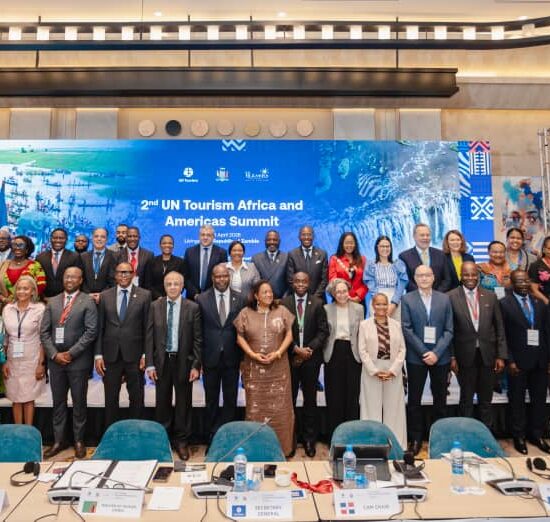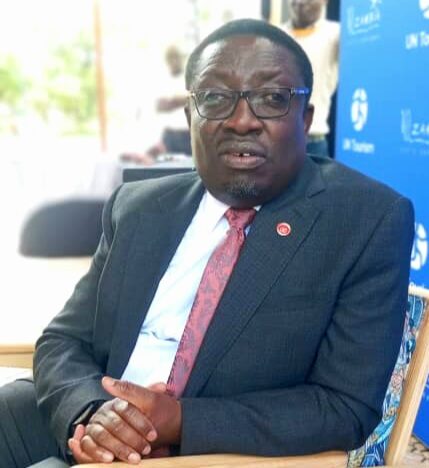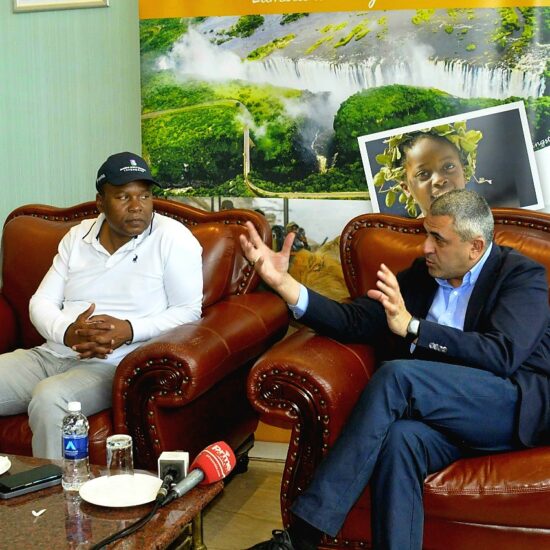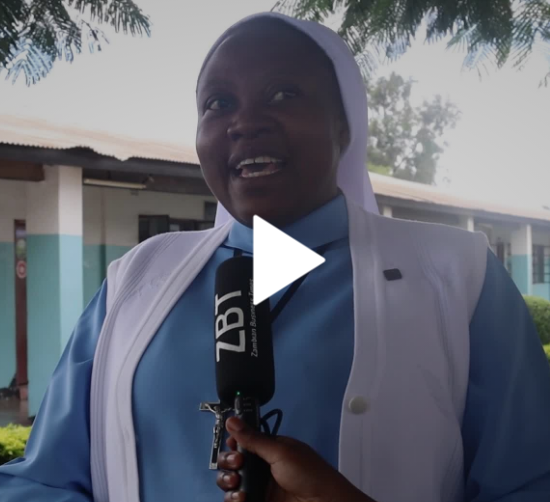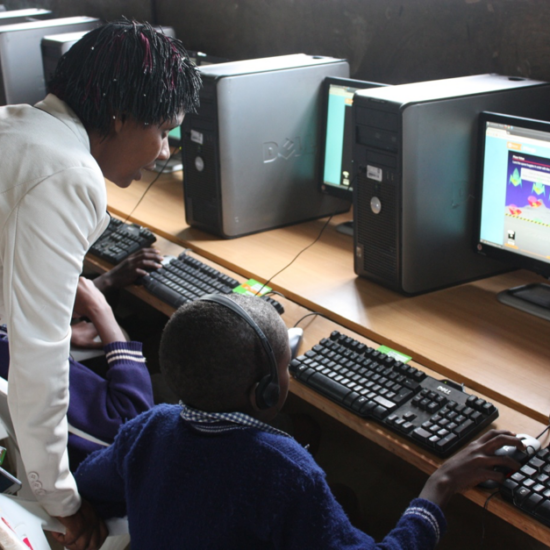
Energy Minister Matthew Nkuwa has called for more private sector investment in the off-grid space to help plug the energy deficit in the country and undertake initiatives through the second round of the Beyond Grid Fund for Africa – BGFA Zambia programme.
Preliminary results from the recent studies done by the World Bank and USAID indicate that for Zambia to reach the vision 2030 and sustainable energy for all under the Sustainable Development Goals – SDGs, over 40% of new connections have to come from off-grid solutions.
Speaking at Stakeholders Consultative Workshop on the design of the second round of the Beyond the Grid Fund – BGFA in Lusaka on September 17, 2019, Nkuwa said currently Zambia faces an on-grid power deficit of over 750MW due to low water levels in the Kariba dam resulting from poor rainfall in the 2018-2019 rainy season which has had a severe effect on the productivity of the Zambian economy.
He explained that currently there is EUR 20 million available for the second round of the BGFA for Zambia and is hopeful that the German government’s option through Kfw to consider adding finances to the BGFA is welcome move as it will go a long way in increasing access to electricity in rural areas.
Nkuwa said lack of access to electricity constrains economic and productive activity, impacts health and education, impedes development and has an overall significant adverse impact on the national economy hence the need to roll out modern, clean and sustainable energy services to rural households.
“The development of this fund has come at the critical time when Zambia needs diverse solutions to meet its energy needs. Therefore, its importance and need for diversified, decentralized, clean and sustainable energy solutions cannot be overemphasized,” he said.
The Minister has since thanked the Swedish Government, through SIDA for its support to the Zambian government in the development of the energy sector, and focusing more on poverty reduction through increasing access to clean, sustainable and electricity to poor Zambians.
At the same event, Head of Development Cooperation at the Sweden Embassy Karin Sverken explained that energy is a crucial building block for economic development hence Sweden has made it a priority to work a broad range of partners particularly in Sub-Saharan Africa to ensure safe, dignity and healthy lives for people.
She added that Africa is far from achieving SDG 7 which sets a target of universal access to affordable, reliable and modern energy by 2030 as most people still lack access to modern energy. The Beyond the Grind Fund is designed to cover the gap between what poop people can afford to pay, and the initial, the quite high cost for companies to deliver energy services to new areas and groups of customers.



